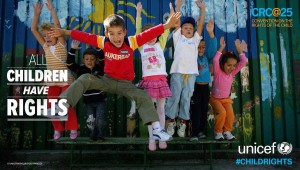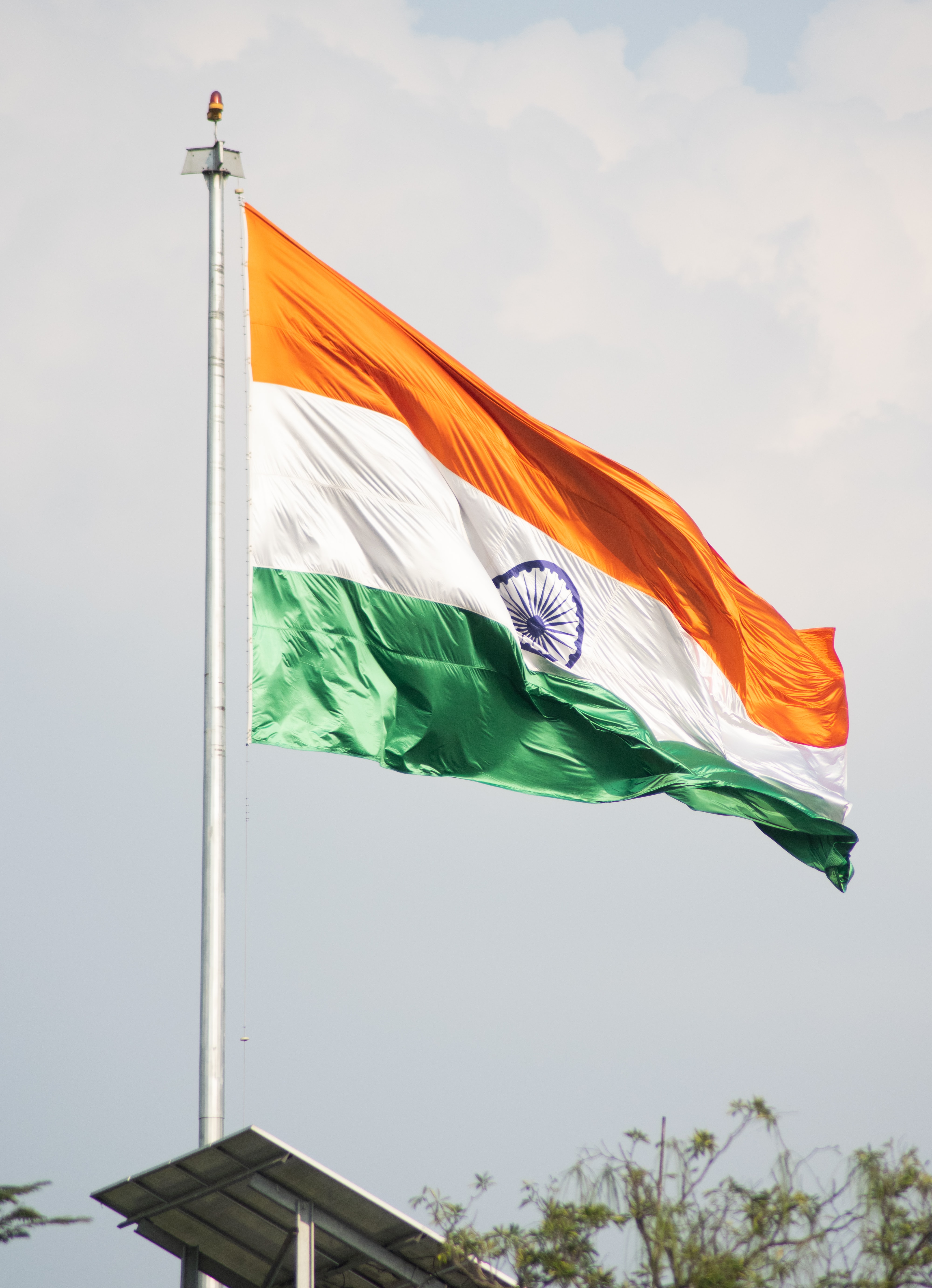Ruth Taylor is a current MSc Human Rights student at LSE. She is also the International Development Manager for Student Hubs, where she leads on the Impact International programme for the UK, which aims to promote global citizenship amongst UK students.

This week the UN Convention on the Rights of the Child (CRC) is celebrating its 25th birthday. On November 20th 1989, what is now the most ratified treaty in the world came into force, promising the full recognition of civil, political, economic, social and cultural rights for the world’s children. But, while we celebrate all the CRC has achieved it is important to ask what steps the international community can take to further protect and promote the rights of the youngest and most vulnerable within our communities.
To mark the anniversary of the CRC, A World at School – a rapidly-growing coalition focused on global education – hosted the #UpForSchool event, along with the Overseas Development Institute. The event, on 19 November in London, saw prominent speakers such as Gordon Brown, Ann Cotton OBE and Kailash Satyarthi explain why education is so vital for the fight towards realising the CRC in full.
To this end, the new #UpForSchool petition, an initiative of A World at School, aims to be the largest ever campaign for education. If effective, it will put pressure on governments, politicians and leaders to act to protect children from danger and discrimination which prevent them from attending school and reaching their full potential.
Although the CRC is revolutionary in its vision of a world in which the rights of children are universally respected, it largely remains a document of good intent and not much more. To date, no country in the world has fully recognised all of its Articles, and reports of abuse, violence, exploitation and discrimination against children are all too common. For millions of children the world over, the only existence they know is one of hostility and negligence.
However, the situation is starting to change. Young people and advocates from all over the world are raising their voices to ensure that within the next 25 years, measurable and permanent change is made for the benefit of children everywhere.
The speakers at the anniversary event made a powerful case for viewing child poverty as multifaceted. They also argued that world leaders should be pressured to place children at the core of all decisions they make, and that the struggle to achieve the rights of children should, at every stage, be informed by the views of young people.
What has become clear over the past decade is that you cannot heal issues that damage children, without simultaneously tackling issues that are also faced by adults. Environments that lead to violations of child rights can prosper as a result of decisions taken (or not taken) by adults, in an adult world, usually with reference to a States’ standing in a decidedly adult political and economic landscape.
Just because 194 governments have ratified the CRC, this does not mean that child rights are upheld by all nations, especially not over and above their other interests. But through petitions like #UpForSchool, activists across the world are calling on leaders to dedicate money and attention towards eradicating the systems of poverty, inequality and oppression that allow child rights abuses to thrive. Only then can the Convention truly be considered meaningful when confronted by the realities of child trafficking, child labour, child marriage and other forces of child maltreatment.
Kevin Watkins, Chief Executive of ODI, spoke to this point, urging delegates to become impolite in the face of child rights violations, and to become outspoken regarding State behaviour where the rights of children are subordinated to those of adults. When defending children, it is vital to argue against the systemic and widespread abuses we see the world over, and bring into question the reputation and global image of States who have hidden their violations behind the honourable banner of the CRC for so long.
Both Gordon Brown and Kevin Watkins briefly mentioned the need to create an International Court of Child Rights – modelled on the European Court of Human Rights and the Inter-American Court of Human Rights – as a means of ensuring States’ compliance with the CRC. This would be one method of augmenting the CRC’s good intentions with enforceability, and ending the era of impunity for child rights violations.
While attending the event, I was particularly struck by the speeches made by Sharia Ramzan and Kainat Riaz, two teenage girls from Pakistan who were on the bus with Malala Yousafzai that fateful day in October 2012. They spoke with such conviction and such courage that it was hard not to feel compelled to act. Their message was this: we need to realise that the child’s voice is a formidable tool, with the power to shed light on even the darkest corners. Tackling child rights abuses goes hand in hand with supporting children to use their voices to tell the world their stories, and what the reality of child rights looks like to them.
Gordon Brown made a point during his speech that struck me, and I’m sure many others in the audience. He raised the question of why in the last 25 years we’ve managed to make such advances in technology and science and yet fundamentally failed to protect our children and offer them the life-changing opportunity of education. If we wish to see a change in the next 25 years, it is for us to stand up and make it happen.

